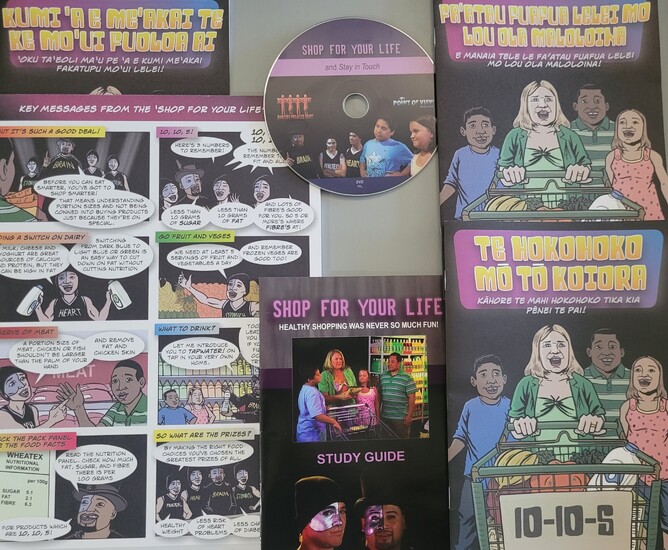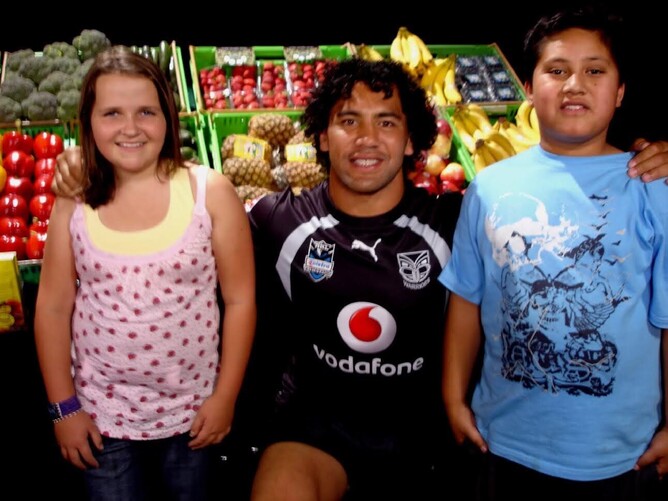How old is too old for a teaching or information resource? When does something move past being ok, into being too outdated and out of fashion to be useful? What criteria should be used to evaluate resources? Should we be printing paper copies? How much translation is needed, and what languages? Has anyone done a resource on this topic or that? Who holds these things? Who monitors or updates? These are some of the many questions we're asking ourselves as we look at the resources we've developed over time, and those we currently source from others.
Useful resources are costly to design well, require substantial consultation and ideally co-design processes, and sometimes have a short period of relevance. Stock-holding/ distribution, evaluation and ongoing revision/reprinting are often left out of the resource production process which makes this an area where there is a great deal of fragmentation currently.
So here at Diabetes Foundation Aotearoa we've been confronted with the fact that some of our most popular and well used resources over the years are now approaching being aged in decades rather than just months or years. Like this one, the Stay in Touch video made in collaboration with Point of View Productions (Shirley Horrocks) in 2003, but still available on YouTube. It's the story of a young person, Sam, who has his body get in touch with him by text message about the consequences of his lifestyle choices. The concept is still a novel idea, however it's definitely dated by the approach and technology. Or this one, Shop For Your Life, again with Point of View Productions, a little less vintage than Stay in Touch and with an international Film festival award, it included some follow-up characters and rugby league player, Reuben Wiki. The story involves a family night that starts with chips and TV and then the family find themselves on a 'dream' shopping trip where they get more than they bargain for. The 16 minute video was designed to "take a fun approach to health promotion" and is supported by a range of translated (including Te Reo) resources, with a curriculum based teaching guide and comic book style one pagers and booklets. Again, the message is still there, but we can't escape from the fact that it was all produced in 2006. If you think the artwork looks familiar, it was by Brotown artist, Ant Sang. The Shop For Your Life video and resources are still being used, no current suitable alternative has been identified.
Back in 2005, Diabetes Foundation Aotearoa (Karen Pickering, Kate Smallman, Helen Gibbs) did a comprehensive stocktake on resources for Counties Manukau Health Lets Beat Diabetes. We looked at over 500 identified items, ultimately including 304 for analysis at that time. Scanning the list of resources in that report, a surprising number appear to be still in use. We are now considering a new review of resources relating to diabetes, nutrition, physical activity and other relevant topics that are currently held by, used and recommended by our organisation, or identified in use in the wider health promotion/education context. Anyone who would like to be part of this please contact kpickering@diabetesfoundationaotearoa.nz



